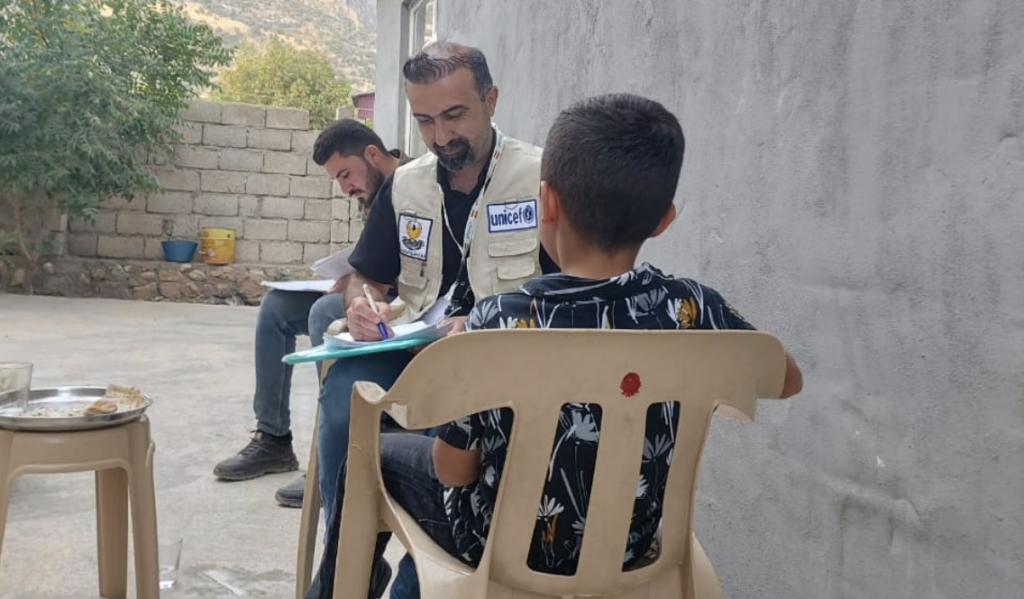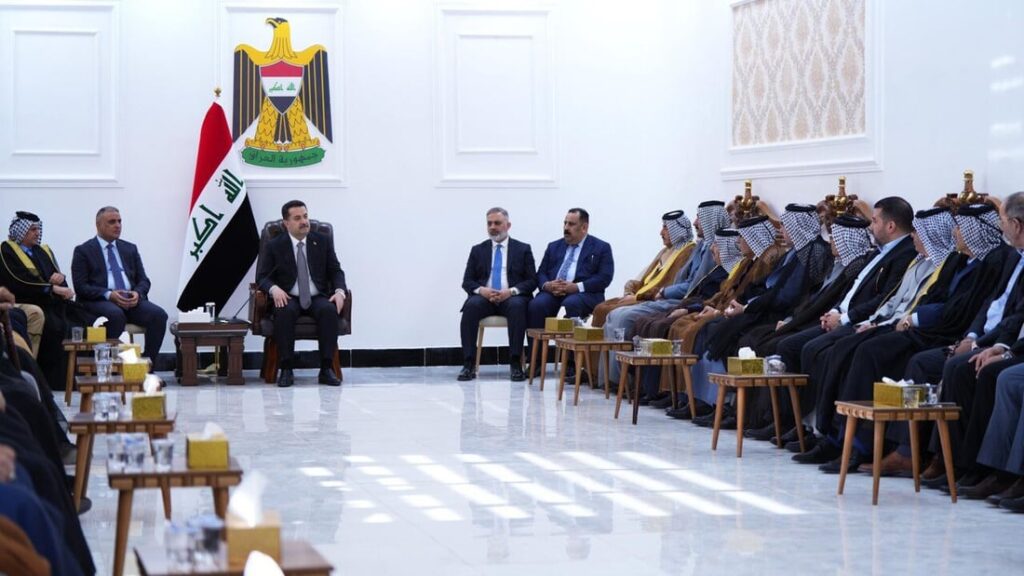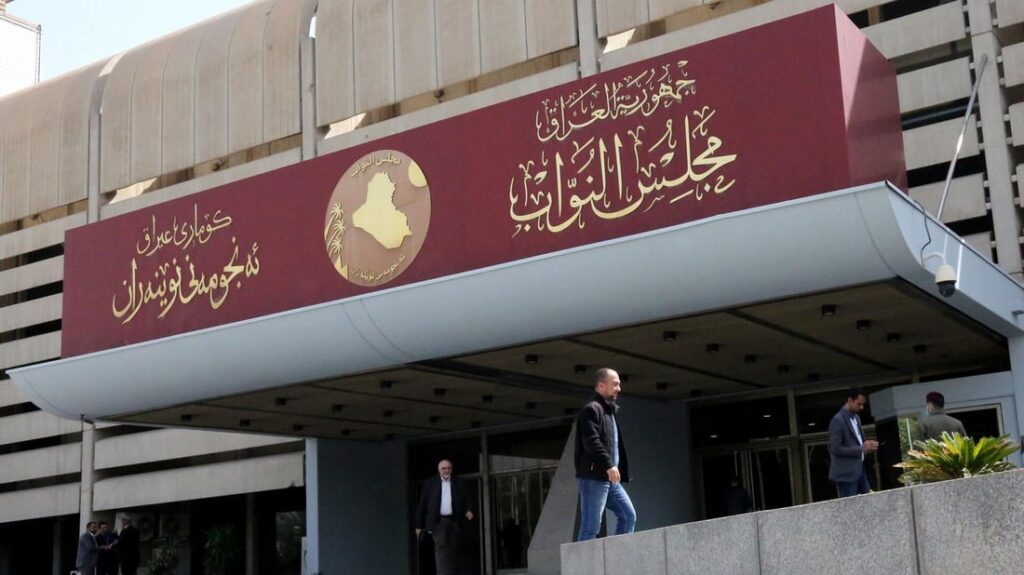Turkey passed the democracy test, so what’s next?

Sinem Cengiz
It seems we will continue to hear the echoes of these elections for a while. It was a hard-fought battle between two alliances: The governmental alliance supported the Justice and Development Party (AKP) candidates, while the opposition lent backing to the Republican People’s Party (CHP) nominees. The surprise of these elections was that there was a neck-and-neck race in Istanbul, where nearly 10 million voters went to the polls. Initial results showed that both Ankara and Istanbul were won by the opposition for the first time in almost two decades.
Although the elections are over, objections meant the Supreme Electoral Council (YSK), which is assigned by the constitution to announce the election results, had not done so by Thursday. It is believed that it will take at least a few weeks for the YSK to announce the full results after evaluating the objections raised in Istanbul in particular.
While awaiting the full results, a brief evaluation of Turkey’s critical election is noteworthy. First and foremost, Turkish citizens have proven to the politicians, who had lost their gentle rhetoric in the last few years, that democratic maturity can be achieved. Giving no space to any provocation, discrimination or chaos, Turks headed to the polls to send their message via the ballot box. Although the AKP, which has been in power for 17 years, came in first with 45 percent of the nationwide vote, it suffered a severe blow by seemingly losing the two major cities, Ankara and Istanbul.
While Ankara, the capital, is a stronghold for the ruling party, Istanbul has great symbolic meaning. It is a city linked with President Recep Tayyip Erdogan’s coming to political power, as he entered politics as a promising mayor of Istanbul, winning a tight municipal contest 25 years ago.
The electorate’s message to the ruling party was clear: “We do not find you successful enough on some issues.” While, for the opposition, the message was: “We are giving you the opportunity to put forward your projects.”
Another surprise was that supporters of the opposition parties, who were frustrated with the previous election performance of their parties, went to the polls despite their disappointment. Their stance was a good example of democratic maturity, as they did not abandon their right to vote despite their unhappiness with the opposition. It was this stance that tilted the balance in favor of the opposition.
Indeed, an important message was given to the world. The breathtaking competition in the metropolitan cities, the high turnout
No one claims that Turkey meets the standards of “Western democracy.” However, it is a country with a long and well-established democratic experience, and it does not deserve this “Orientalist” attitude from the West. The latest election shows that it is up to the will of the people to make changes in this country. Moreover, Turks once again recognized that an all-embracing approach is needed to make this country better, to strengthen our democracy and to achieve growth in the economy. This is their message and this approach is what our politicians need to
Turkey has thus completed another crucial election. We have now experienced a series of significant elections — two local, four parliamentary and two presidential, along with one constitutional referendum — over the last five years. The country is exhausted from elections. As the president has underlined, there is now no election planned until 2023, so politicians from both the ruling party and the opposition have a good opportunity to implement their policies. It is time for them to roll their sleeves up and work toward a better Turkey.





